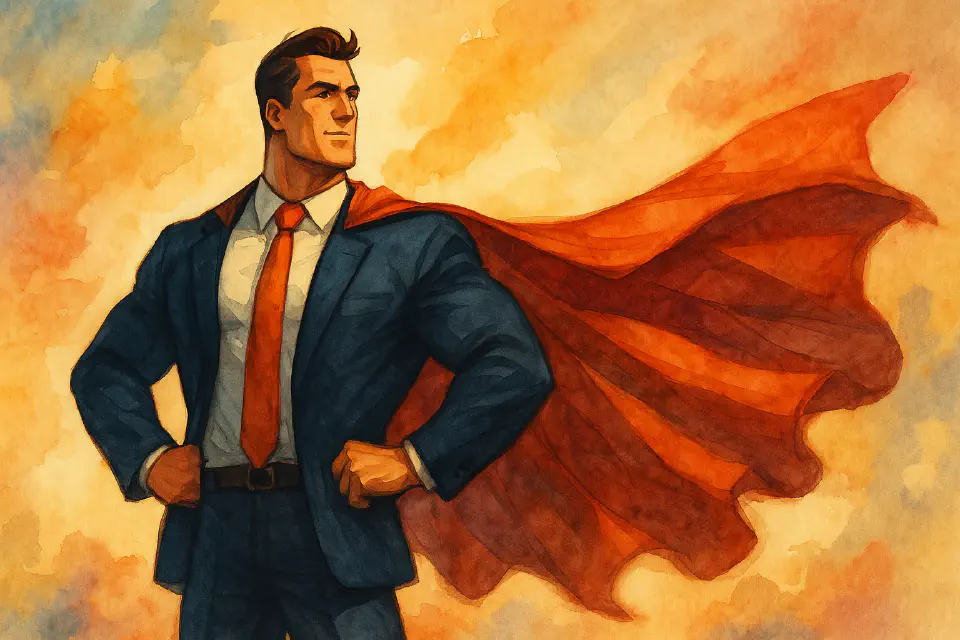
Adapt or Die: Why 2025 Is HR’s Wake-Up Call
This year, HR doesn’t just support the business—it *is* the business. Adaptability isn’t optional anymore. It’s the deciding factor between growth and irrelevance.
You can feel it in the air: 2025 isn’t just another tick on the HR evolution chart—it’s a full-blown reinvention. The polite nudges of the past few years? They’ve turned into a shove off the cliff edge. If you don’t have a parachute made of adaptability, continuous learning, and real leadership, you’re headed straight down.
The headline is clear: HR isn’t a back-office cost center anymore. It’s the strategic engine that helps organizations survive volatility, talent shortages, and the AI avalanche. And the ones who get it? They’re already outpacing their competition.
Let’s break down the HR megatrends driving this shift—and what you need to do to stay in the game.
The Rise of Adaptability: From Buzzword to Survival Skill
Forget five-year plans carved in stone. HR in 2025 is about sensing change early and moving fast.
If adaptability used to be a “nice-to-have,” today it’s a matter of organizational survival. Companies that embrace it attract top talent, retain institutional knowledge, and pivot when needed. The rest? Let’s just say Blockbuster had a great run too.
Skills Over Degrees: Talent Has a New Currency
Let’s face it: the bachelor’s degree is no longer the golden ticket it used to be. Today, it’s skills that pay the bills.
Companies like IBM, Accenture, and even Google have already moved to skills-first hiring. Why? Because pedigree is a weak predictor of performance. What matters now is whether someone can learn, solve, and ship.
HR must lead this shift. If your hiring funnel still filters out candidates without a four-year degree, you’re not just limiting diversity—you’re actively shooting yourself in the foot.
Continuous Learning: The New Job Security
Gone are the days when training was a once-a-year workshop. In 2025, learning is baked into the flow of work. Skills have a half-life of 2.5 years—and shrinking.
If you’re not upskilling, you’re downsizing.
AI Is Not the Enemy—Ignorance Is
Yes, AI is already here. No, it won’t replace HR—but it will expose weak HR practices.
Smart organizations are using AI to:
- Screen candidates for skills, not buzzwords
- Predict attrition before exit interviews
- Benchmark pay in real time
- Surface engagement trends without waiting for the next survey
But the real magic? AI augments human judgment. It frees up HR to be more strategic.
Hybrid Work: Stop Fighting the Future
We’ve debated hybrid work for years. Now it’s settled: it’s not a trend, it’s the default.
Employees have tasted flexibility, and they’re not giving it up just because a CEO misses the buzz of a full cafeteria.
Employee Experience: The New Battlefield
Forget ping-pong tables and vague talk of “culture.” In 2025, employee experience is personal, strategic, and measurable.
Today’s workforce expects:
- Transparent communication
- Mental health support
- Growth opportunities
- Purposeful work
HR’s role? Design the journey—from preboarding to offboarding—with care. Every touchpoint is a signal of how much the company actually values its people.
Leadership Development: No More Accidental Bosses
Being good at your job doesn’t mean you’re ready to manage others. Yet many companies still promote based on performance—not leadership potential.
In 2025, that’s a fast track to dysfunction.
Well-Being & Sustainability: From Buzzwords to Business Strategy
Burnout is real. And it’s not a badge of honor—it’s a leadership failure.
Employees are no longer willing to sacrifice their health for a paycheck. They want work that’s sustainable—not just financially, but humanly.
This includes:
- Clear workloads and priorities
- Mental health days (that people actually take)
- Financial education and support
- Purposeful performance reviews
Strategic Workforce Planning: HR’s New Core Function
Workforce planning is no longer a side hustle for HR. It’s the core of business strategy.
You need to know:
- What roles are growing or shrinking
- Which skills are becoming obsolete
- Where automation will displace or enhance work
- How to build vs. buy vs. borrow talent
HR in 2025: The Force That Shapes the Future
Here’s the truth: if you’re in HR and you’re not feeling at least a little overwhelmed, you’re probably missing the point.
The stakes have never been higher—and the opportunity has never been greater. HR isn’t just supporting transformation. It is the transformation.
Companies that invest in adaptability, skills-first talent, AI, and a human-centered employee experience will not just survive—they’ll define what thriving looks like in the new world of work.